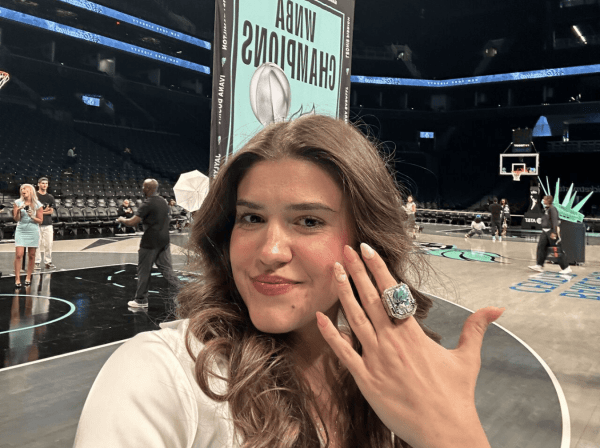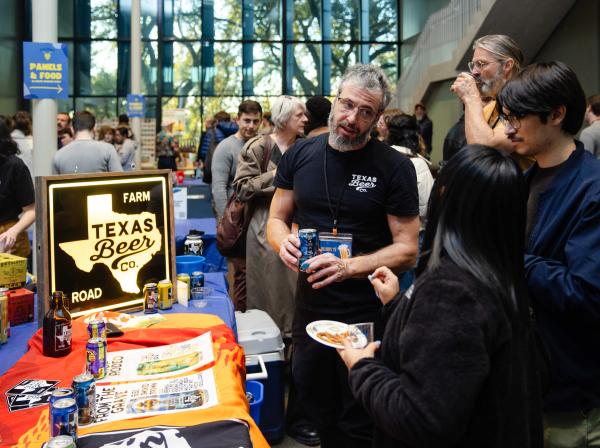The Art of Networking Online
The real world — the one of jobs and careers and business — can sometimes feel like a very long distance from the classroom. But in Professor of Marketing Debra Zahay-Blatz’s courses, students learn how online platforms, like LinkedIn and WordPress, tether the lessons they’re learning in class to the real-world skills they’ll need to excel.
There’s no question that Zahay-Blatz has mastered the forms. She’s an “open networker,” who accepts LinkedIn requests from people she doesn’t know, as long as they help create an effective network, and she’s amassed more than 4,000 connections. This allows her to spread great ideas on digital marketing that she’s created and curated. (You can also follow her on Twitter @Zahay for insight on digital trends.)
That vast network also gives her students a leg up when they need it. “I network with both academics and business professionals and often use my LinkedIn connections to help my students get jobs,” she says. “The more people I know, the more I am known, and the more I can help my students.”
It’s these kind of strategies — the ones that take full advantage of the myriad uses of any given online platform — that she’s eager to teach her students. To make sure they understand more than the intellectual principles of the ideas, she has her students test them in their own lives.
For example, she helps students overhaul their LinkedIn profiles (a site that nearly 90 percent of all job recruiters rely on, according to one study and nudges them to blog on a subject they’re interested in. In coming semesters, students might participate in projects such as Google’s annual online marketing challenge, which provides them with a $250 budget to create an online advertising campaign for a business or nonprofit. She has coached about 50 teams in online advertising techniques in her classes and is in the process of getting certified in Google Adwords. She also holds certifications in Hootsuite, a social media management tool, and Hubspot, an inbound marketing platform, both of which she will incorporate into the new Marketing curriculum over the next year.
The results of these projects and working with real-world tools may be messy and imperfect, but they can also make a measurable impact. “Going to an interview with a portfolio of actual experiences is so much better than reading a textbook and doing a multiple-choice test,” she says.
So far, it’s working. Zahay-Blatz ticks off students who’ve aced job interviews thanks to their classroom work. Other students have landed jobs in part because of blogs they’ve started. These tools, she thinks, are more important than any grade she can give on a transcript. “I can’t get a job for them, but I can give them the skills they need to get one. And that’s my goal.”
Read more stories like this from St. Edward's University.


